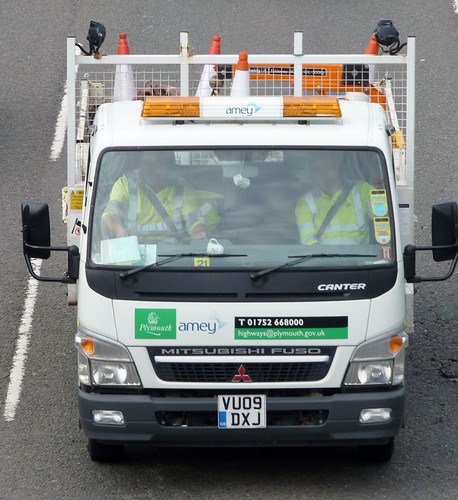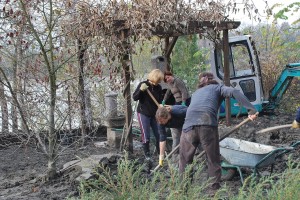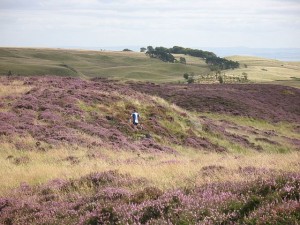In keeping true to its commitment to guiding today’s youth toward bright futures, the Duke of Edinburgh Award welcomes Amey, one of the UK’s foremost leading public and regulated service providers as a pioneer partner in their  efforts to promote goodwill among young people around the globe. Through the continual support of the many proponents of the charity including Tunde Folawiyo, the Duke of Edinburgh Award and its partnership with Amey will serve as a great source of inspiration for millions of students throughout the world.
efforts to promote goodwill among young people around the globe. Through the continual support of the many proponents of the charity including Tunde Folawiyo, the Duke of Edinburgh Award and its partnership with Amey will serve as a great source of inspiration for millions of students throughout the world.
The prestigious Duke of Edinburgh Award has long inspired today’s brightest students and, as an organisation, continues to implement new initiatives in order to ensure these goals come to fruition. These efforts are none more evident than in the vast number of proud students who have successfully completed the programme since its establishment. The new national agreement brought forth by the organisation’s partnership with Amey will assist in allowing over 165,000 young people from disadvantaged backgrounds to participate in the teachings of the D of E across the UK and beyond. This exciting partnership stems from a close 12-year relationship with the D of E in which Amey has provided an immeasurable amount of support for students of the DofE and the charity’s goals as a whole. Through their efforts, over 220 apprentices are currently taking part in the programme with 36 apprentices have completed the Award requirements to date. In addition to their contributions to the D of E, Amey as a company promotes passion for community involvement within their employees, further demonstrating a commitment to the spread of goodwill.
The Duke of Edinburgh Award is composed of four mandatory sections including fitness, skill, volunteering and adventurous journey. Participants must prove a great understanding of each in order to merit the prestigious award. Through a host of comprehensive exams and presentations, prospects will demonstrate excellence in a variety of areas to ensure their preparedness in initiating social change. As a not-for-profit organisation, the Duke of Edinburgh Award relies heavily on the continual encouragement and monetary support of various individuals and organisations in order to successfully maintain the operations of the programme. Those interested in contributing to the Duke of Edinburgh Award are encouraged to visit the organisation’s website at https://www.dofe.org/en/content/cms/supportus/.
Through numerous partnerships and the ongoing support of the programme’s proponents such as Tunde Folawiyo and millions of others throughout the world, the Duke of Edinburgh Award will continue to motivate and inspire young students to reach for a better tomorrow for the communities that surround them.

![By StateOfOrigin-coloured-locator.svg: Sémhur Flag_of_Queensland.svg: derivative work: Fry1989 eh? 22:21, 25 October 2011 (UTC) [CC-BY-SA-3.0 (http://creativecommons.org/licenses/by-sa/3.0)], via Wikimedia Commons Tunde Folawiyo](http://upload.wikimedia.org/wikipedia/commons/thumb/4/46/Flag-map_of_Queensland.svg/256px-Flag-map_of_Queensland.svg.png)
![By siegertmarc (St James Palace Uploaded by MaybeMaybeMaybe) [CC-BY-2.0 (http://creativecommons.org/licenses/by/2.0)], via Wikimedia Commons Tunde Folawiyo](http://upload.wikimedia.org/wikipedia/commons/thumb/4/49/St_James_Palace_%286017571180%29.jpg/512px-St_James_Palace_%286017571180%29.jpg) usually held in St James’s Palace, as the DofE committee feel that this grand setting befits the importance of this occasion.
usually held in St James’s Palace, as the DofE committee feel that this grand setting befits the importance of this occasion.![By Leon Brocard (originally posted to Flickr as IXS_2631) [CC-BY-2.0 (http://creativecommons.org/licenses/by/2.0)], via Wikimedia Commons Tunde Folawiyo](http://upload.wikimedia.org/wikipedia/commons/thumb/5/59/Two_left_hands_forming_a_heart_shape.jpg/512px-Two_left_hands_forming_a_heart_shape.jpg) going through a difficult period in their lives, perhaps as a result of health or family issues for instance, the DofE activities can provide them with a sense of stability, and offer them with something positive to focus their efforts on.
going through a difficult period in their lives, perhaps as a result of health or family issues for instance, the DofE activities can provide them with a sense of stability, and offer them with something positive to focus their efforts on.

 internationally recognised programme that now reaches more than 300,000 young people in more than 120 countries throughout the world. In keeping true to the goals set forth by the award’s founders, participants are encouraged to reach for excellence in all aspects of life including personal growth, perseverance, self-reliance and a commitment of service to their community, as well as other communities throughout the world.
internationally recognised programme that now reaches more than 300,000 young people in more than 120 countries throughout the world. In keeping true to the goals set forth by the award’s founders, participants are encouraged to reach for excellence in all aspects of life including personal growth, perseverance, self-reliance and a commitment of service to their community, as well as other communities throughout the world.
